Walt Disney Animation Studios’ landmark 60th movie tells the story of the large Madrigal family, who live hidden in the mountains of Colombia, in a magical house, in a vibrant and wondrous place called an Encanto. The magic of the Encanto has blessed every child in the family with a unique gift from super strength to the power to heal – every child except one, Mirabel (Stephanie Beatriz). One fateful day, Mirabel discovers that the magic surrounding the Encanto is in danger, and that she, the one who was always thought of as being “ordinary,” might just be her exceptional family’s last and only hope.
In this Goggler exclusive, we sit down with Encanto producers Yvett Merino and Clark Spencer for a conversation about what it was like making an animated movie during the pandemic and the role of the “brain trust” in guiding a culturally specific narrative like this one.
Umapagan Ampikaipakan: I was watching that wonderful six-part documentary on the making of Frozen 2 on Disney Plus and it gave me such incredible insight to the way you guys work. But that must have been completely different with Encanto and trying to make a movie during a pandemic. Animation is such a collaborative effort and did Zooming all the time hamper that in any way?
Yvett Merino: Well, I think the approach and the process didn’t change a whole lot. We just adapted how we do it. So we were always working on the story. Making sure we are improving the story. And on the first day we went home, we were on a Zoom call for like a good seven or eight hours talking about story, making sure that we continue to move forward.
And when we started making the film and realized we were going to make a lot of it at home, we just really adapted. How can we change? How can we adapt our process so we’re still able to focus on the quality of the images, the quality of the storytelling, and make sure that we don’t lose that attention to detail? But also, how do we do that in a Zoom world? So it was just a lot more Zoom meetings.
Of course, we missed that spontaneity of running into each other in the hallways while walking between meetings. But we found other ways to collaborate and making sure that we’re just a click away. Can we just touch base for five minutes? Can we jump in a room for five minutes to connect? And so we had to just put a little more effort in trying to create that space where people are able to connect with one another all day.
UA: It also makes it a lot harder to shoot a documentary about how you made this movie.
Yvett Merino: Oh very much so.

UA: Talk to me about the “brain trust.” We’ve seen Disney employ it in Raya and the Last Dragon, and in Mulan as well. How does it work? What was that relationship like when it came to crafting Encanto?
Clark Spencer: There’s sort of two pieces of the brain trust. There’s what we call the story trust, which are the directors in-house who get to come in and watch our movies at major milestones. We screen our movie seven or eight times and we bring in directors who have a fresh perspective because we’re all way too close to it. They watch the film and they give us their thoughts. They tell us what they think is working. What they think is not working. Do they like a character or are they struggling with the character? Do they feel like we’re clear on our theme or do we still have a lot of work to do?
It is so powerful because they’re fresh eyes. And they’re internal and they know our process. And it’s hard, because you’ve spent a lot of time putting this movie up, and you you think you have it all correct. And then everyone’s telling you all the things you got wrong. But in a very supportive way. And then you learn from that, and where there’s consistency in notes, you know there’s a problem, and you need to go off and solve it.
The second piece of it, and especially in a movie like this where we’re setting it and being inspired by Columbia, we have the Columbian Cultural Trust, which is a group we brought together early on because we want experts from Columbia to be watching the movie. To think about it story wise, to be looking at the designs of the clothing on the characters, to be thinking about the flora and fauna that exist in a space, to look at the architecture, to talk about the music, to look at all aspects in trying to ensure that we have authenticity being represented.
So we had two really powerful groups that were constantly on the journey with us, telling us whether they thought we were headed in the right direction, and where we might be off point, and what we needed to do to pivot and get it back into a strong place.
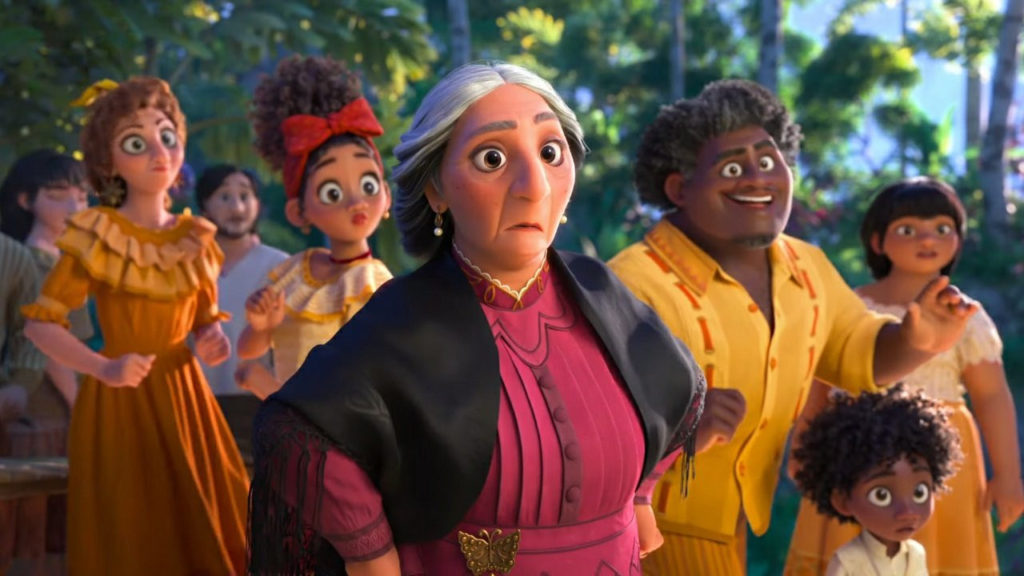
UA: Before I let you go, Encanto is the 60th Disney animated feature. Looking back, what is the Disney movie that inspired you the most?
Yvett Merino: Oh my goodness, there’s just so many. But the one that I had on repeat when I was younger was Beauty and the Beast. I knew that film inside and out, forward and backwards, every single line, because I would have it on and on. So that’s really the one that made a difference when I was younger.
Clark Spencer: I’m going to totally date myself. But it was The Jungle Book. It’s the first one I ever saw in the movie theaters. And for me, it was it was the ultimate movie, and it made me want to work at Disney Animation. And look at all these years later when I get to be a part of it. So it’s pretty phenomenal. But yeah, The Jungle Book.

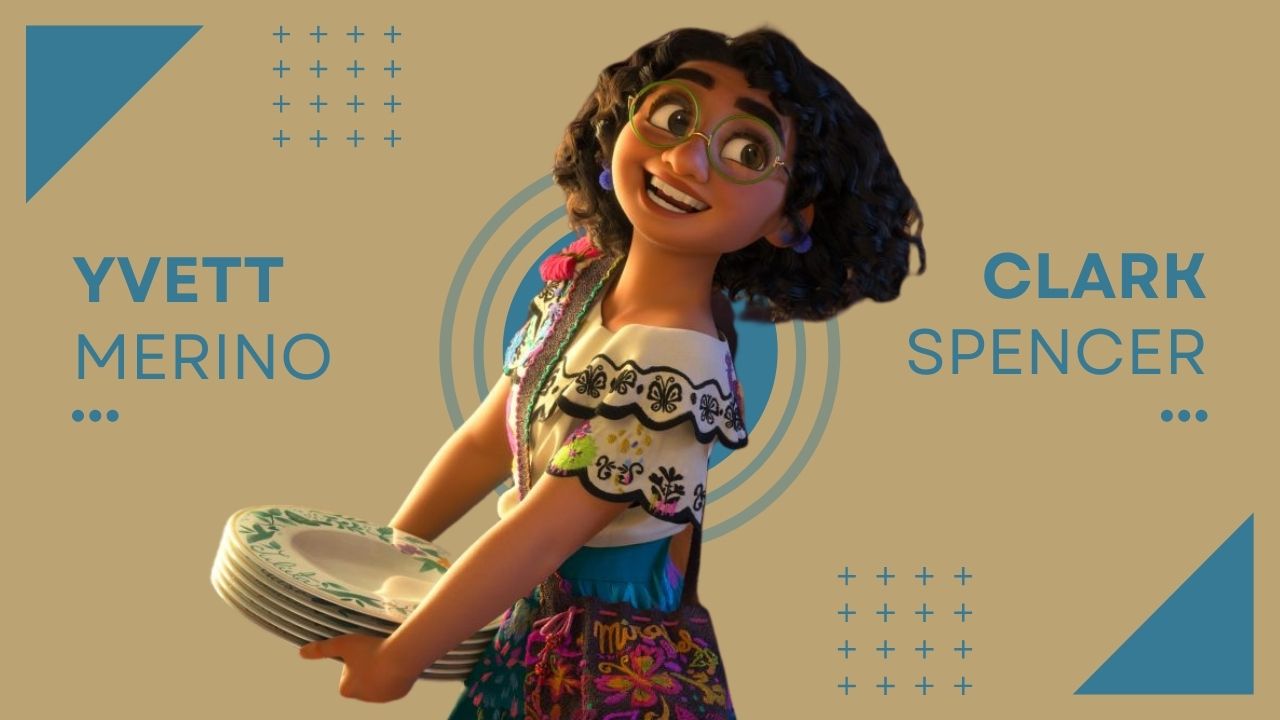

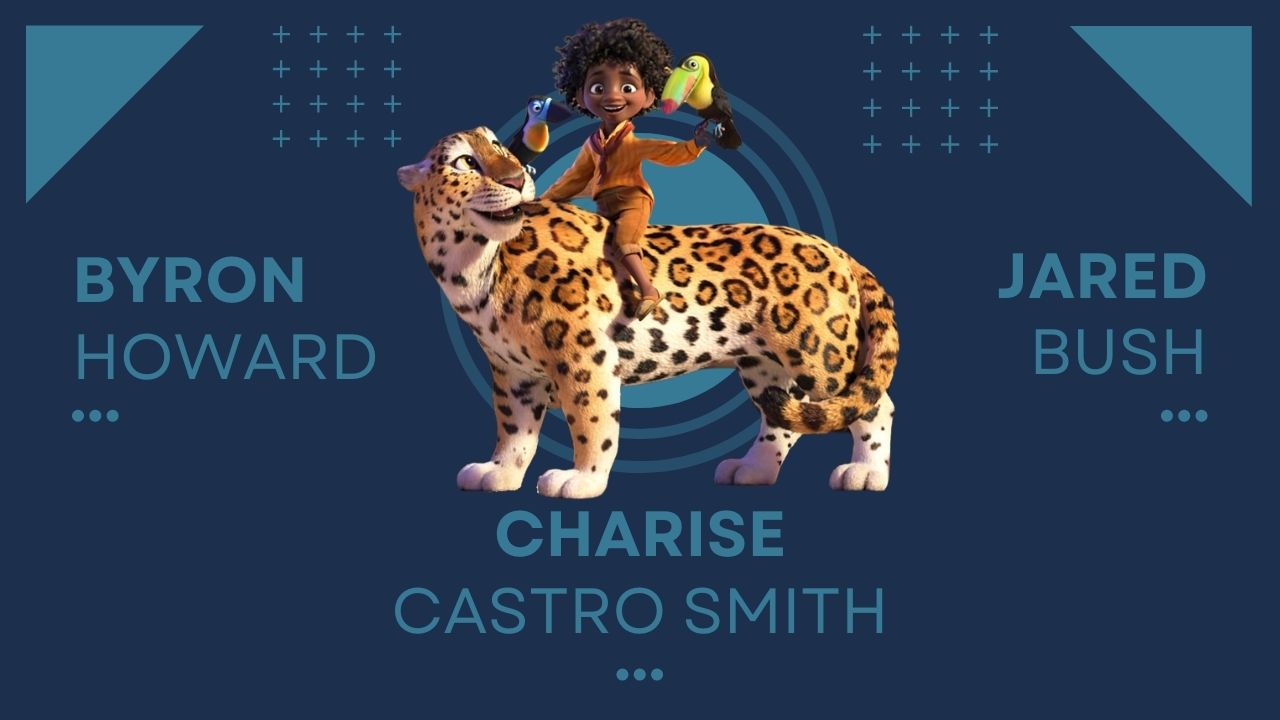
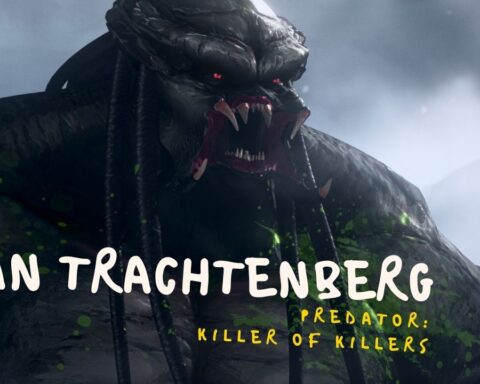
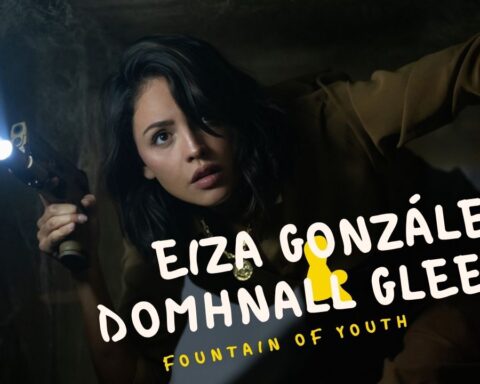
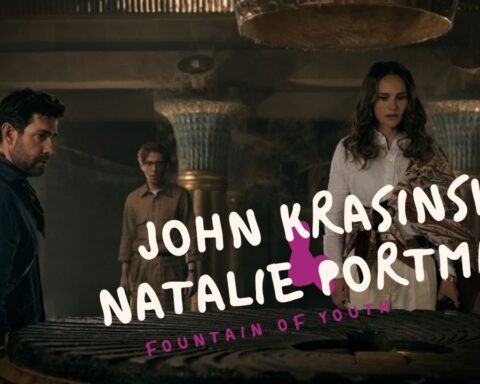
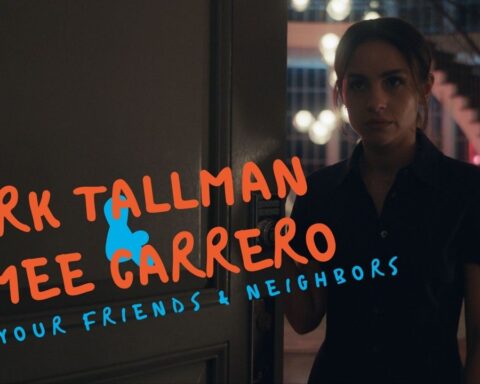
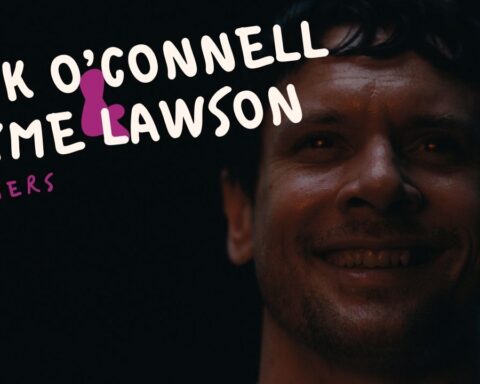
Follow Us